TikTok ‘put children in danger’ by failing to take down ‘challenge’ videos, claim grieving parents
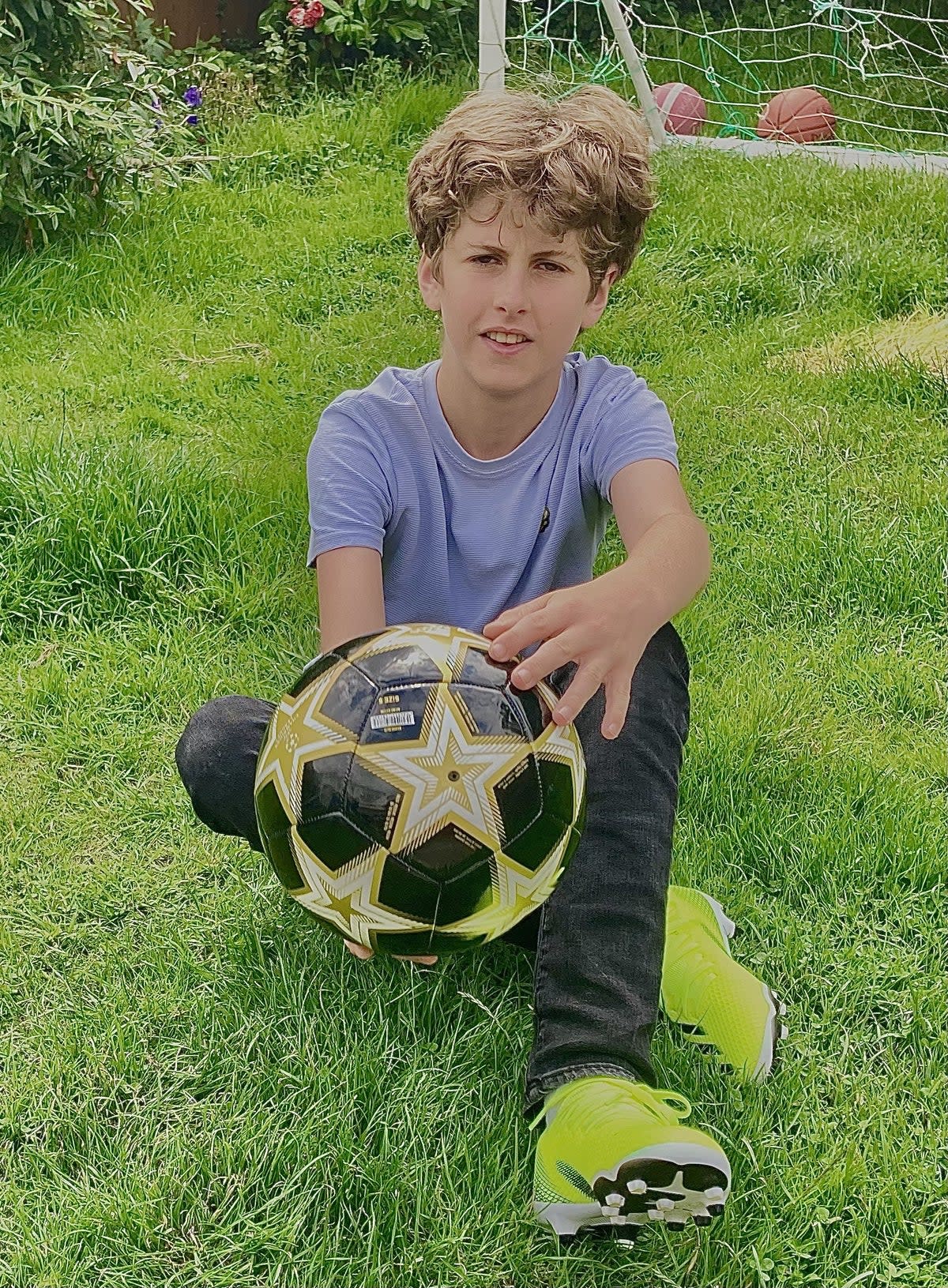
Two grieving mothers who believe they lost their sons through dangerous TikTok challenges claim the app has not gone far enough to remove harmful content.
Hollie Dance, 48, and Lisa Kenevan, 51, are campaigning for new disturbing “hold breath challenge” videos to be taken down after uncovering a plethora of concerning clips on the video-sharing app.
Many of the clips feature imagery from the popular Minecraft game – viewers are prompted with dark messages of encouragement to keep going, such as “comment ‘bread’ if you are still holding your breath”.
Isaac Kenevan, 13, was a typical teenage boy who loved gaming and sports. But last March, a coroner ruled he died due to misadventure after Ms Kenavan found him lifeless on the bathroom floor in March 2022.
The mother, from Essex, believes his death was due to an online “choking” challenge after the police found two videos of him completing the challenge on his phone shortly before he died.
She said: “I just think it’s a complete insult they’re putting our children in danger. We’ve lost our children – from someone putting these videos on our phones.”
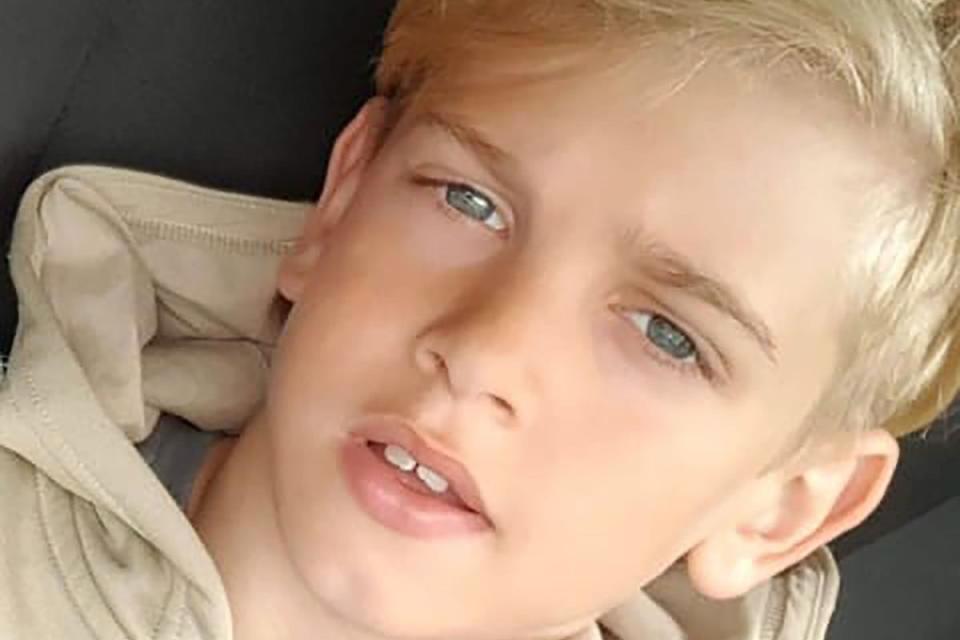
The parents are worried the new “hold breath challenge” could lead to fatalities in the same way the “blackout challenge” did, which similarly dared users to hold their breath until they lost consciousness. It was linked to the deaths of three children.
The Independent contacted TikTok, which has since taken down three of the new dangerous challenge videos reported by Ms Kenevan.
Archie Battersbee’s case hit the headlines when his mother Ms Dance lost a painful legal battle in 2022 to keep her son’s life support switched on after he suffered a catastrophic brain injury.
She had discovered her 12-year-old son unconscious on the stairs and also suspects he may have taken part in an online challenge.
“The videos use captivating noises and challenge users to hold their breath as they are guided down a very long way,” she said.
Dr Kiran Rajneesh, a professor of neurology at Ohio State University, said holding your breath for too long can decrease oxygen flow to the brain which can cause fainting, seizures and brain damage. It can also cause heart, kidney and liver damage.
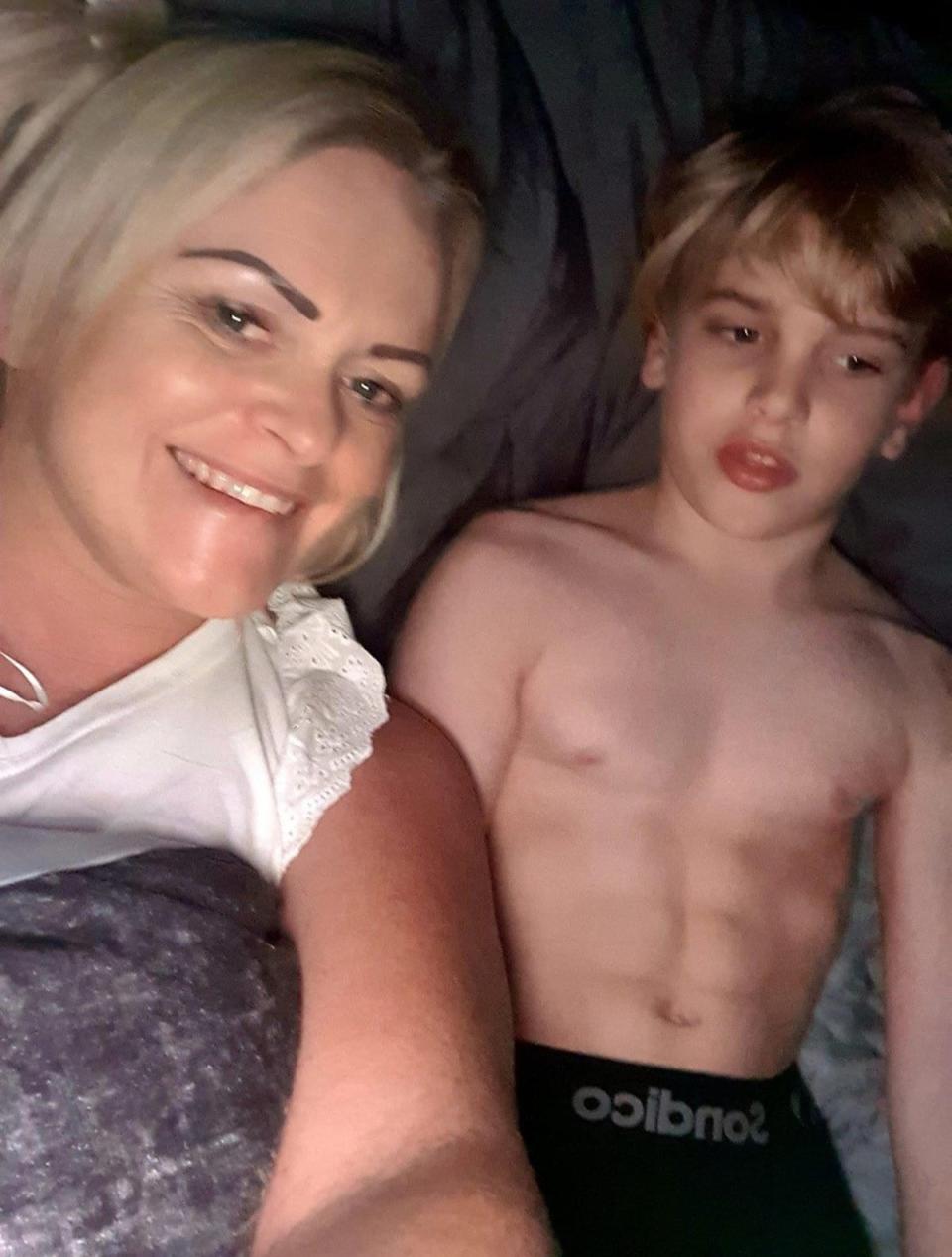
A coroner ruled Archie, who was described as an energetic, perfect boy who loved MMA and gymnastics, died accidentally in a “prank or experiment” which went wrong.
Speaking after the hearing, Steven Horsley from Simpson Millar solicitors, who represented Ms Dance, told The Guardian: “Archie was using TikTok on the day of his injury, although we may never know what he was looking at.”
However, a coroner ruled that no evidence had been found to support suggestions he had taken part in a “blackout” challenge.
The implementation of the Online Safety Bill signals new hope for answers, as technology companies will be ordered to offer up users’ app history if a coroner deems social media could have contributed to a death in any way.
Bereaved families successfully campaigned for full transparency of their deceased children’s online data in the months leading up to their deaths. Before the law change, social media platforms only had a 90-day retention policy.
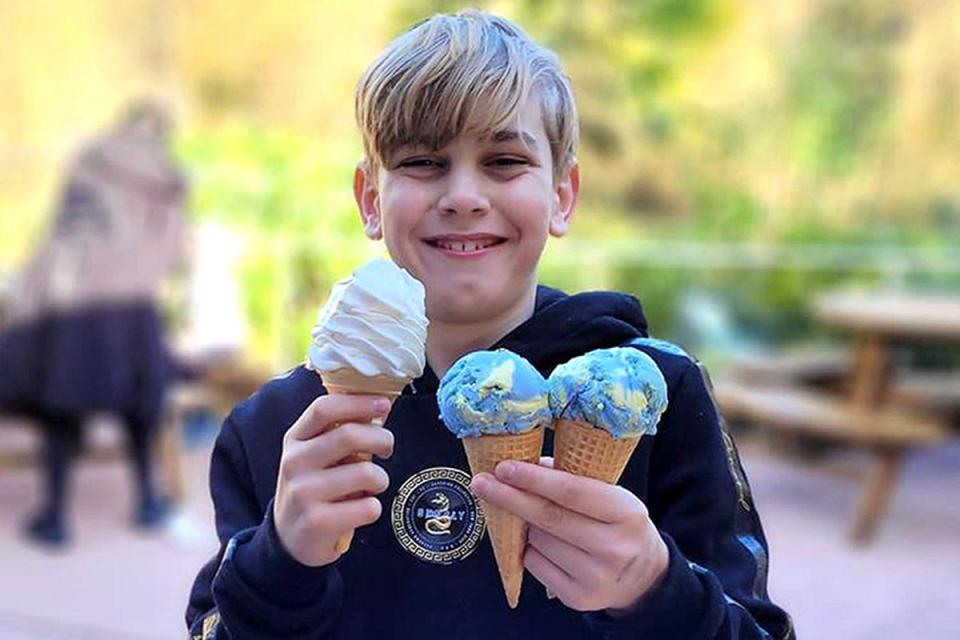
Ms Dance raised concerns with the apps’ complaints procedure, which relies on bots instead of people.
She told The Independent: “My main concern: if you report something, there is a bot at the other end, and a robot is not a safeguarding officer or a human being – you know, that’s really dangerous.”
Ms Kenevan said she has repeatedly reported such content, but claims the app is failing to remove the content or prevent it from being published in the first place.
Esther Ghey, the mother of murdered Brianna Ghey, has echoed the two mothers’ calls for more stringent internet regulation to prevent under-16s from using social media.
Scarlett Jenkinson and Eddie Ratcliffe were both 15 when they killed Brianna, 16, with a hunting knife after luring her to a park in Culcheth, a village near Warrington, Cheshire, on 11 February last year.
Jenkinson had watched videos of torture and murder online.
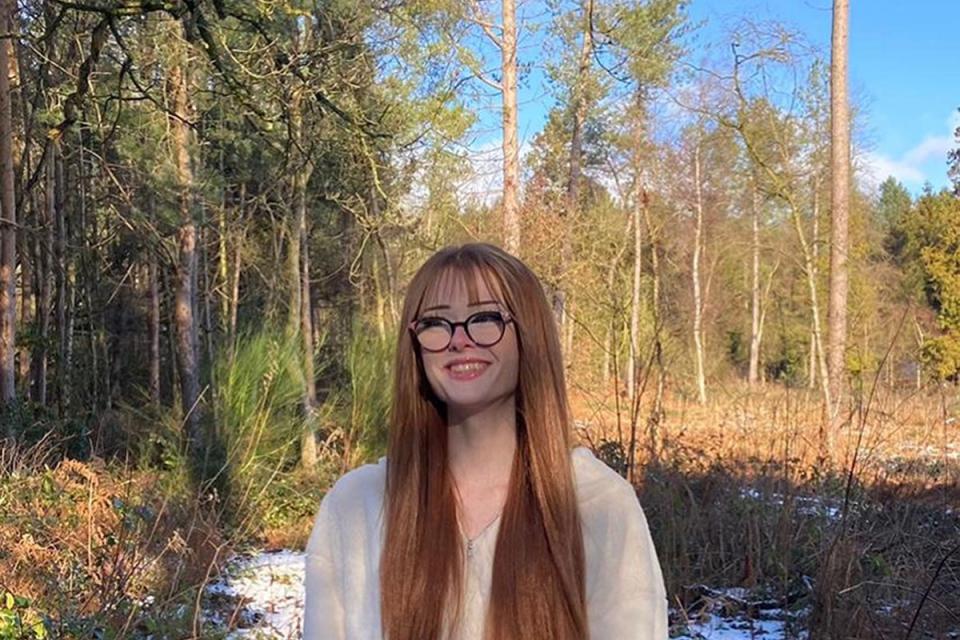
Ms Ghey is now campaigning for under-16s to be blocked from accessing social media on smartphones, and calling for stronger controls to flag potentially harmful searches to parents, in the wake of the sentencing of her daughter’s killers.
She said the Online Safety Bill is a step in the right direction but more drastic measures need to be taken to protect young lives.
She told BBC Radio 4’s Today programme: “I don’t think the Online Safety Bill is enough. The internet and social media is so vast, I think it will be so hard to police.
“The second point is as well, that comments and free speech – and don’t get me wrong I am all for free speech – but some of the comments I have seen on social media posts and some of the articles that I’ve done, they are just hateful comments.
“The Online Safety Bill is not going to protect children and young people from seeing that kind of horrible content because I don’t think that will be deemed as harmful.
“Smartphone companies should have a moral responsibility, and you should really want to do more.
“But I think that big companies like that are all about how much money they can generate and they don’t necessarily think about the impact it is having on the public, so I think that maybe there would have to be a law just to make sure it is properly enforced.”
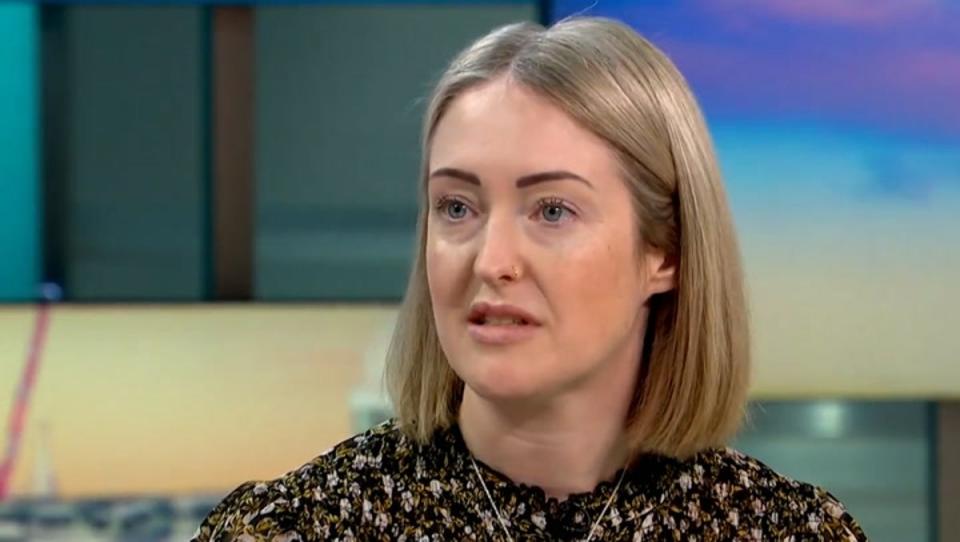
Dame Melanie Dawes, chief executive of communications regulator Ofcom, told BBC Breakfast: “My heart goes out to Brianna’s family, and I think what her mum has done over the past few days in getting all these issues really high up the agenda is so important.”
She said Ofcom was using the powers given to it by the Online Safety Act, which passed into law late last year, to “create a safer internet for teenagers”.
David Wright, the director of the UK Safer Internet Centre, said: “Harmful social media challenges are deemed successful when they cause panic. Inadvertently naming challenges to warn children and young people about the danger it may pose is counterproductive and may inadvertently direct even more people towards them.
“Reporting the challenge is still always the best course of action – we all have a responsibility to limit exposure and not draw any unwanted attention towards this type of harm.
“The Professionals Online Safety Helpline has worked with TikTok for a number of years to ensure schools have another avenue to report harmful content if they come across content of this nature. We encourage professionals to use this support if they are concerned about harmful social media challenges by phoning 0344 381 4772’.”
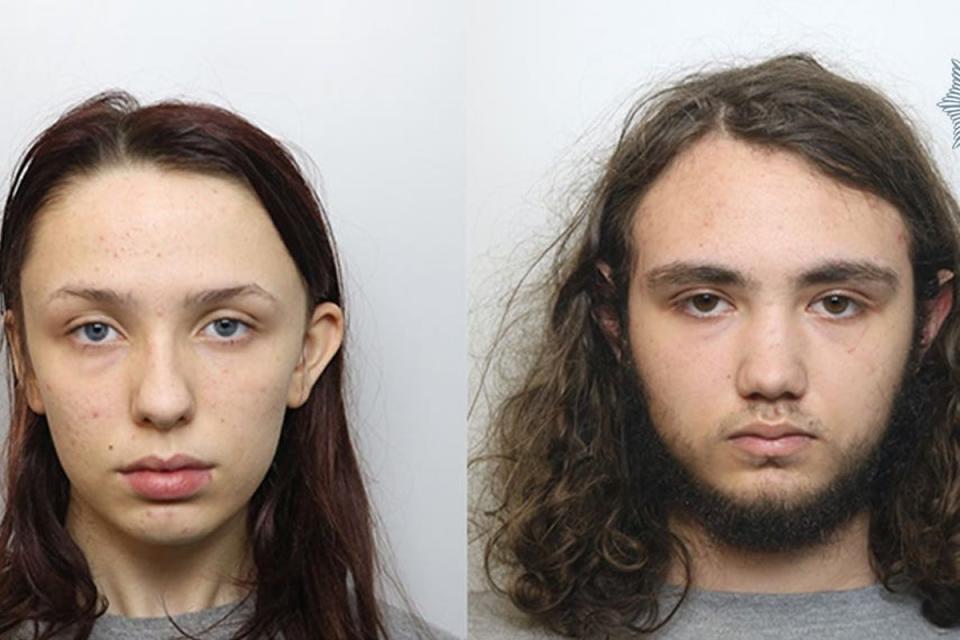
A spokesperson for TikTok said: “TikTok does not allow dangerous challenges, and we proactively find 99 per cent of content removed for breaking these rules. We partner with independent safeguarding organisations to continuously strengthen our approach, which includes age-restricting certain content and features, and blocking harmful search terms.”
Similar challenge videos appeared on Instagram and YouTube, which The Independent has also contacted for comment.


